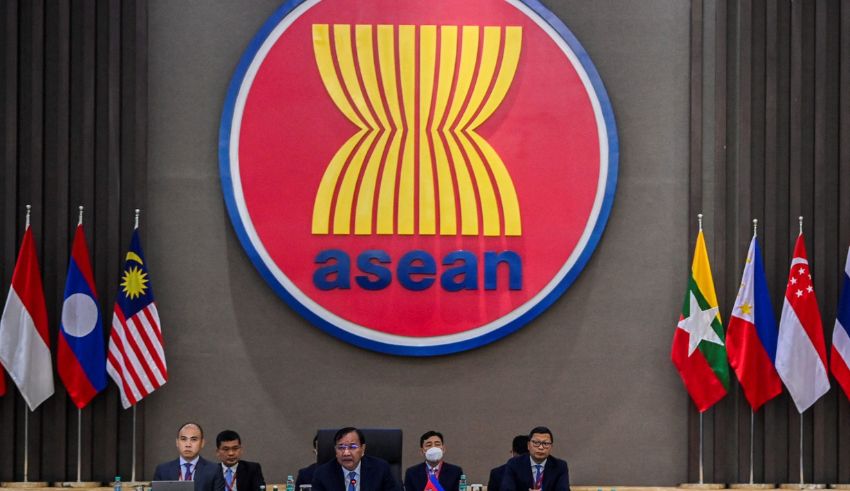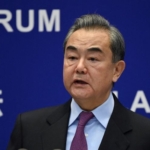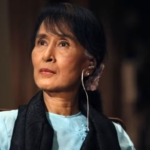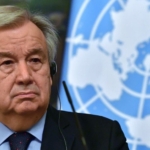
In a surprising development this month, passionate activists have called upon Indonesian authorities to launch an investigation into the alleged arms sales by state-owned arms manufacturers to Myanmar through a seemingly obscure shell company owned by the son of a junta minister.
This revelation exposes yet another layer of a hidden regional trade network that continues to funnel vital resources to the Myanmar junta, which forcefully seized power in 2021, plunging the nation into devastating civil unrest.
The Implications
Despite the 2021 coup in Myanmar drawing global condemnation and leading to a non-binding arms embargo by the United Nations General Assembly, international attention to the ongoing Myanmar crisis remains frustratingly scarce. This support persists even as ASEAN countries officially disavow the junta’s legitimacy and denounce the military-led violence in Myanmar.
Enforcing the U.N. arms embargo poses a daunting logistical challenge, as only five of the nine ASEAN states supported the embargo in 2021. Singapore, often hailed for its transparency, found itself in the spotlight when a U.N. report linked over 130 companies in the city-state to the alleged supply of $254 million worth of arms-related goods to Myanmar’s military between February 2021 and December 2022. Singaporean authorities argue that many of these items can serve civilian purposes as well, making enforcement a costly endeavor.
Experts cautiously point out that Singapore’s case may just be the tip of the iceberg, with other ASEAN countries potentially engaging in similar activities. The scarcity of data and compliance makes it challenging to gauge the extent of support from other nations in the region.
ASEAN might have feared that backing an arms embargo could strain relationships with the coup leaders and impact trade interests.
Keep Reading
Geopolitical Consequences
Unequal economic and political connections with Myanmar have led to divisions within ASEAN. Some nations unequivocally condemn the junta’s actions, while others pursue a more discreet form of diplomacy. This has led to a disjointed response to the crisis, with the much-anticipated Five-Point Consensus achieving limited success.
Experts argue that ASEAN should move beyond its traditional consensus-based decision-making process, especially when dealing with the very junta they aim to restrain. The Myanmar situation highlights the need for a more robust and cohesive approach within the ASEAN bloc to address the ongoing crisis and arms trade concerns.

























